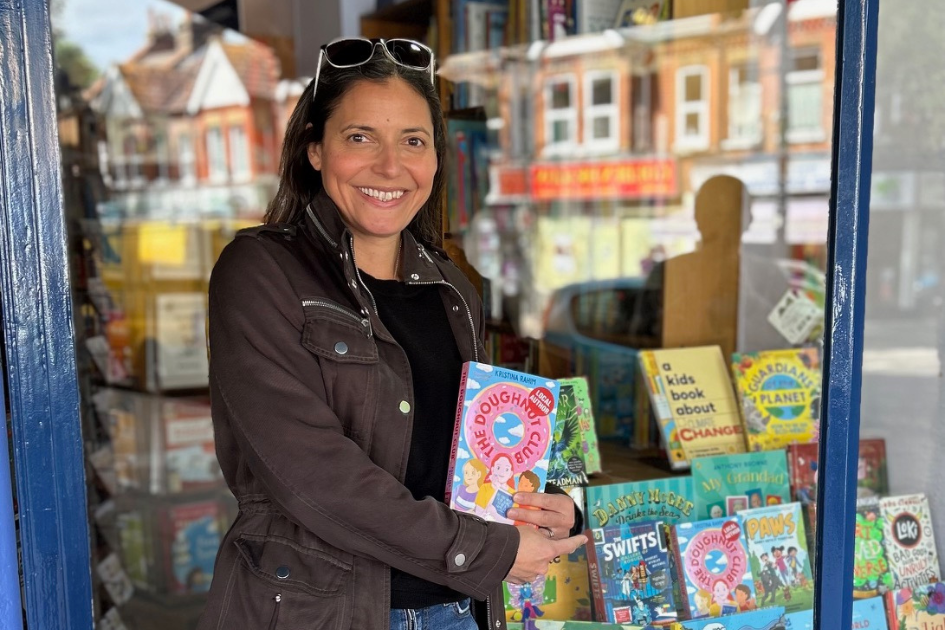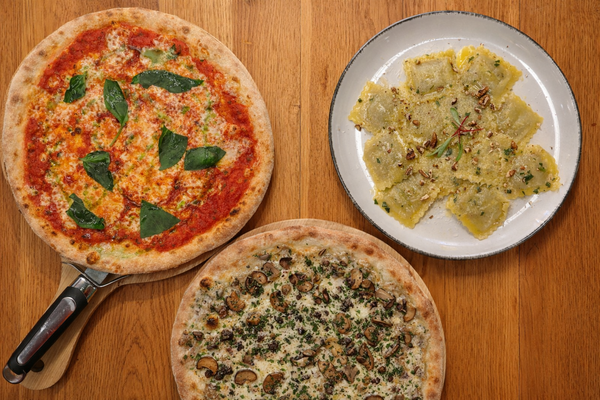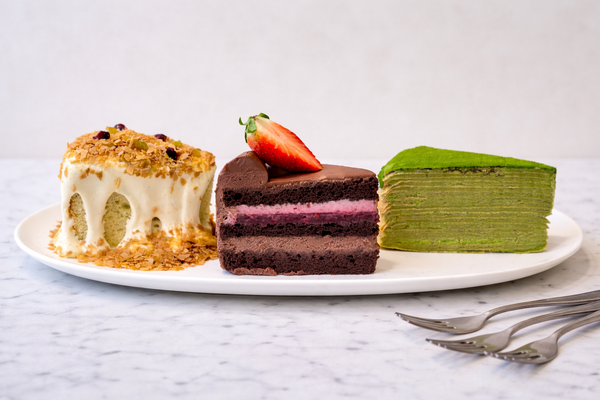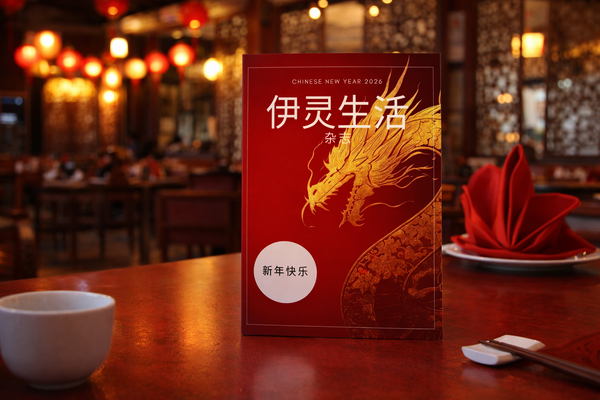Local Author Kristina Rahim Launches Her Debut Children's Novel, The Doughnut Club

Today marks an exciting milestone for Ealing author Kristina Rahim, as her debut children’s book, The Doughnut Club, hits the shelves. Available now at Pitshanger Bookshop and Waterstones Ealing, the book introduces a refreshing and heartfelt narrative centered around donor-conceived families - a subject close to the author’s heart.
Inspired by her own family - Kristina and her wife have two daughters through donor conception - The Doughnut Club shines a light on a perspective rarely explored in middle-grade fiction. The story follows 12-year-old Quinn Parker, a donor-conceived girl who discovers she has sixteen donor siblings. While initially thrilled by the possibility of finding someone just like her, Quinn’s journey becomes more complex as she wonders if one of them could turn out to be her greatest adversary.
Kristina’s mission is clear: to create stories that reflect the reality of children like her own, while helping others develop empathy for families different from their own. We sat down with her to find out more about the book, her inspiration and her hopes for young readers.
What inspired you to write The Doughnut Club, and how did your own family’s experiences shape the story?
My wife and I have two donor-conceived daughters. As they’ve got older, more situations have cropped up where they have to explain their family set-up when they meet new people. One example of this became the inspiration for the title of my novel.
When our eldest was six years old, her new best friend at school innocently asked why she didn’t have a daddy. We’ve always been open and straightforward with any questions like this, in the hope our kids will learn to answer in the same way themselves. So, our daughter responded to her friend with the simple answer:
“I don’t have a daddy; I have a donor.”
To which her friend replied: “A doughnut?!”
Fortunately, this created a fit of giggles between the girls as our daughter corrected her friend and continued to explain her family more. However, when she came home to tell us this, it struck me how little awareness kids her age - and older - may have about families created through donor conception.
I want to try and change this.
Why do you think it’s so important for children to see families like theirs - or different from theirs - reflected in books?
When the girls were small, we found picture books which reflected similar families to our own. However, as the girls got older, there were fewer stories which represented specifically donor-conceived children.
The HFEA (Human Fertility and Embryology Authority) issued a statement recently, where they predicted that by 2030, there will be an average of one to two donor-conceived children in every English state primary school. Personally, I think the actual figures may turn out to be higher.
Therefore, I think now more than ever, it's important for children to read stories which reflect families that are different from their own. I truly believe the more representation there is in children’s fiction, the more open and inclusive the next generation will learn to be.
What has the response been like so far from parents or children who’ve read the book?
So far, the response from teachers, librarians, parents, and children who have read the book has been incredibly positive. What got me one morning was when a dad had taken the time to send me a message via my website to tell me how much his daughter (aged 9) had enjoyed the book. He told me they lived in a small village where his daughter hadn't come across a wide range of different family set-ups before, but that this story sparked a lot of curiosity and discussions. He also said it was the quickest book she had read, and she was excited to read more books to come - so that made me smile a lot!
Hearing feedback like this is so special, as it is precisely the reason why I wanted to write this book in the first place, so I'll always be grateful to this parent for writing to let me know.
Tell us somewhere in Ealing that inspires you…
Ealing is known for its many beautiful parks, so during lockdown, we were spoilt for choice as to where to take the kids for our daily walks. A favourite for us was wandering into Fox Wood, next to Hanger Hill Park. It always felt a bit more wild and mysterious than the other parks, and it's a place I still like to walk now.
If I'm working on a story and have an annoying plot hole to try and fix, walking always seems to help me find a solution. Fox Wood is full of wildlife, ancient trees, and overgrown brambles - it feels like my own little escape from the outside world, and it helps clear my mind.




